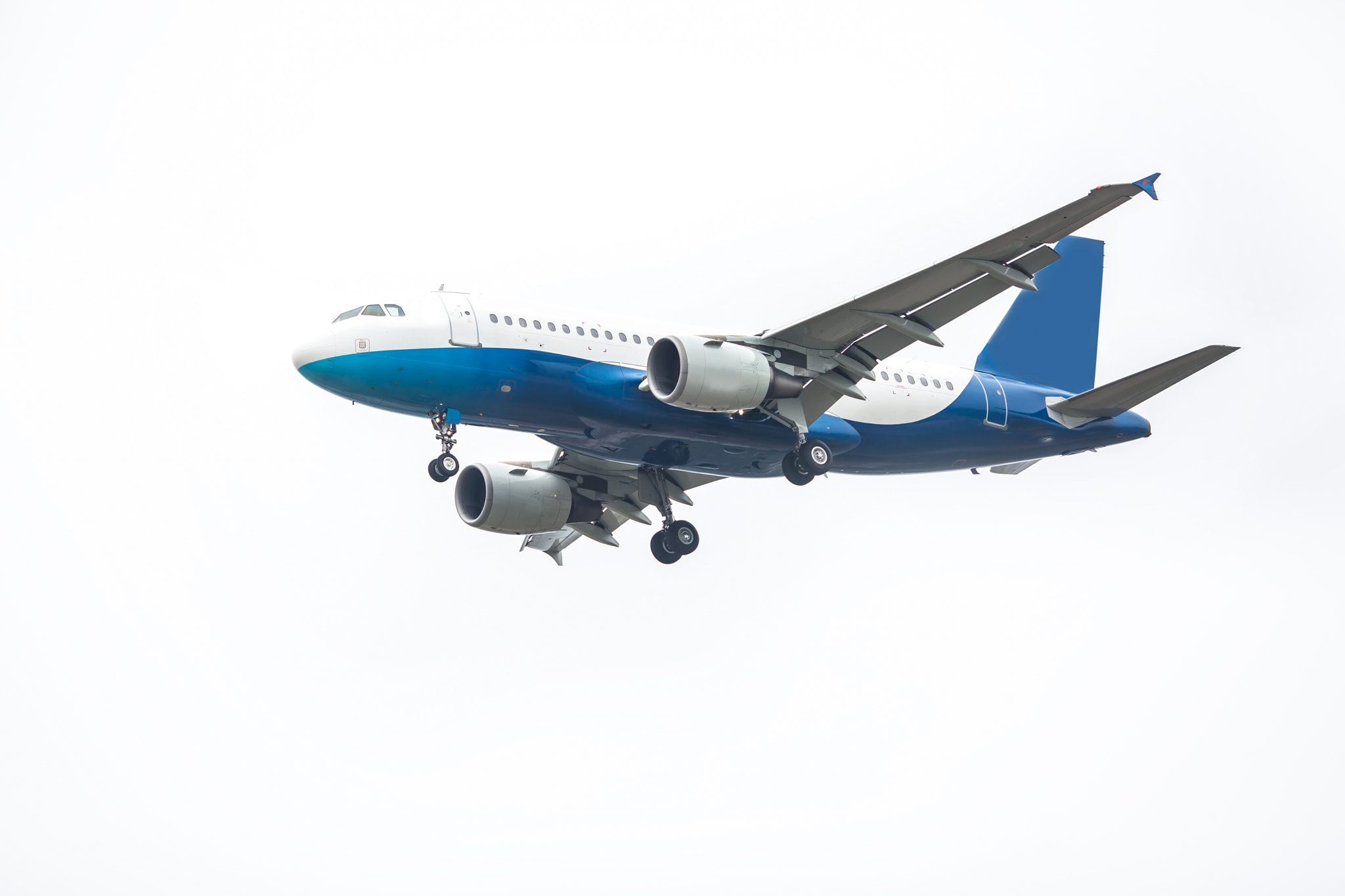reneharpster69
About reneharpster69
Private Jet Hire: A Complete Research Report
Introduction
The private jet hire industry has witnessed significant growth over the past few many years, driven by an increasing demand for customized travel experiences, time effectivity, and privacy. This report explores the various aspects of private jet hire, including market traits, buyer demographics, varieties of companies provided, costs concerned, and the way forward for the business.
Market Overview
The worldwide private jet hire market was valued at approximately $25 billion in 2022 and is projected to grow at a CAGR of round 5% over the next 5 years. The expansion may be attributed to components equivalent to rising disposable incomes, an increase in excessive-net-price people (HNWIs), and the rising trend of enterprise journey. Moreover, the COVID-19 pandemic has accelerated the shift towards private travel as individuals search to keep away from crowded business flights.
Customer Demographics
The first prospects of private jet hire providers embody enterprise executives, celebrities, athletes, and affluent travelers. Enterprise executives typically utilize private jets to attend conferences in numerous cities, maximizing their productivity by minimizing travel time. Celebrities and athletes use private jets for privateness and convenience, whereas affluent travelers search luxurious and consolation during their journeys.
Forms of Private Jet Services
Private jet hire companies might be broadly categorized into several types:
- On-Demand Charter: Clients can e book a jet for a selected journey with none lengthy-time period commitment. This option is right for those who require flexibility and convenience.
- Jet Cards: Jet card programs allow customers to buy flight hours prematurely, offering advantages corresponding to guaranteed availability and fixed hourly charges. This selection appeals to frequent travelers.
- Fractional Ownership: On this arrangement, a number of homeowners share the costs and utilization of a private jet. Fractional possession gives a cheap answer for those who fly frequently but can’t justify full ownership.
- Full Ownership: Some people or corporations select to buy a private jet outright. This selection offers full management over the aircraft and its use but comes with substantial upkeep and operational costs.
Price Evaluation
The cost of hiring a private jet varies considerably primarily based on a number of elements, together with the type of aircraft, distance traveled, and additional providers required. On-demand charter costs can range from $1,200 to $10,000 per flight hour. For instance, a mild jet might price round $2,500 per hour, whereas a heavy jet may exceed $8,000 per hour.
Additional costs can embrace:
- Touchdown Charges: Charges charged by airports for the use of their services.
- Fuel Surcharges: Costs related to fuel price fluctuations.
- Crew Charges: Compensation for pilots and flight attendants.
- Catering Providers: Charges for meals and drinks onboard.
- Floor Transportation: Charges for transportation to and from the airport.
Benefits of Private Jet Hire
- Time Effectivity: Private jets enable travelers to bypass long safety lines and boarding processes, considerably decreasing travel time. Moreover, private jets can access smaller airports closer to the ultimate destination.
- Flexibility: Travelers can create their own flight schedules, choosing departure instances that go well with their wants. This flexibility is particularly helpful for enterprise travelers with tight schedules.
- Privateness and Consolation: Private jets provide a stage of privateness and consolation that business flights cannot match. Passengers can conduct meetings, calm down, or enjoy personalised services without interruptions.
- Luxurious Experience: Many private jet hire companies provide luxurious amenities, including gourmet catering, spacious cabins, and high-end entertainment systems, enhancing the general travel expertise.
Challenges in the Private Jet Hire Business
Regardless of its progress, the private jet hire trade faces a number of challenges:
- Regulatory Compliance: The trade is topic to strict laws concerning safety, upkeep, and operational procedures. Compliance could be costly and time-consuming.
- Environmental Issues: The environmental impression of private jets has come underneath scrutiny, with increasing pressure to undertake more sustainable practices. The trade is exploring options such as sustainable aviation fuels (SAFs) and electric aircraft.
- Market Competitors: The private jet hire market is changing into increasingly competitive, with quite a few companies vying for market share. This competitors can lead to price wars, impacting profitability.
Future Traits
The future of private jet hire is anticipated to be shaped by a number of key trends:
- Technological Developments: The mixing of superior technologies, akin to synthetic intelligence and knowledge analytics, will improve operational effectivity and customer expertise. If you have any kind of inquiries pertaining to where and how you can make use of affordable private jets charter companies, you can call us at our page. Corporations are investing in apps and platforms that simplify the booking course of.
- Sustainability Initiatives: As environmental issues develop, the trade is more likely to undertake extra sustainable practices. This contains the use of SAFs, carbon offset programs, and the development of electric or hybrid aircraft.
- Elevated Demand for Shared Services: The idea of shared companies, similar to jet cards and fractional possession, is likely to gain traction as more travelers search price-effective choices with out compromising on quality.
- Customized Experiences: As competition intensifies, private jet hire companies will deal with providing extremely customized services to cater to particular person buyer preferences, enhancing loyalty and satisfaction.
Conclusion
The private jet hire trade is poised for continued progress, pushed by growing demand for personalised travel experiences, time effectivity, and privacy. Whereas challenges equivalent to regulatory compliance and environmental issues persist, the industry is adapting via technological advancements and sustainability initiatives. As the market evolves, firms that prioritize buyer satisfaction and progressive options will doubtless thrive on this competitive panorama.
No listing found.

